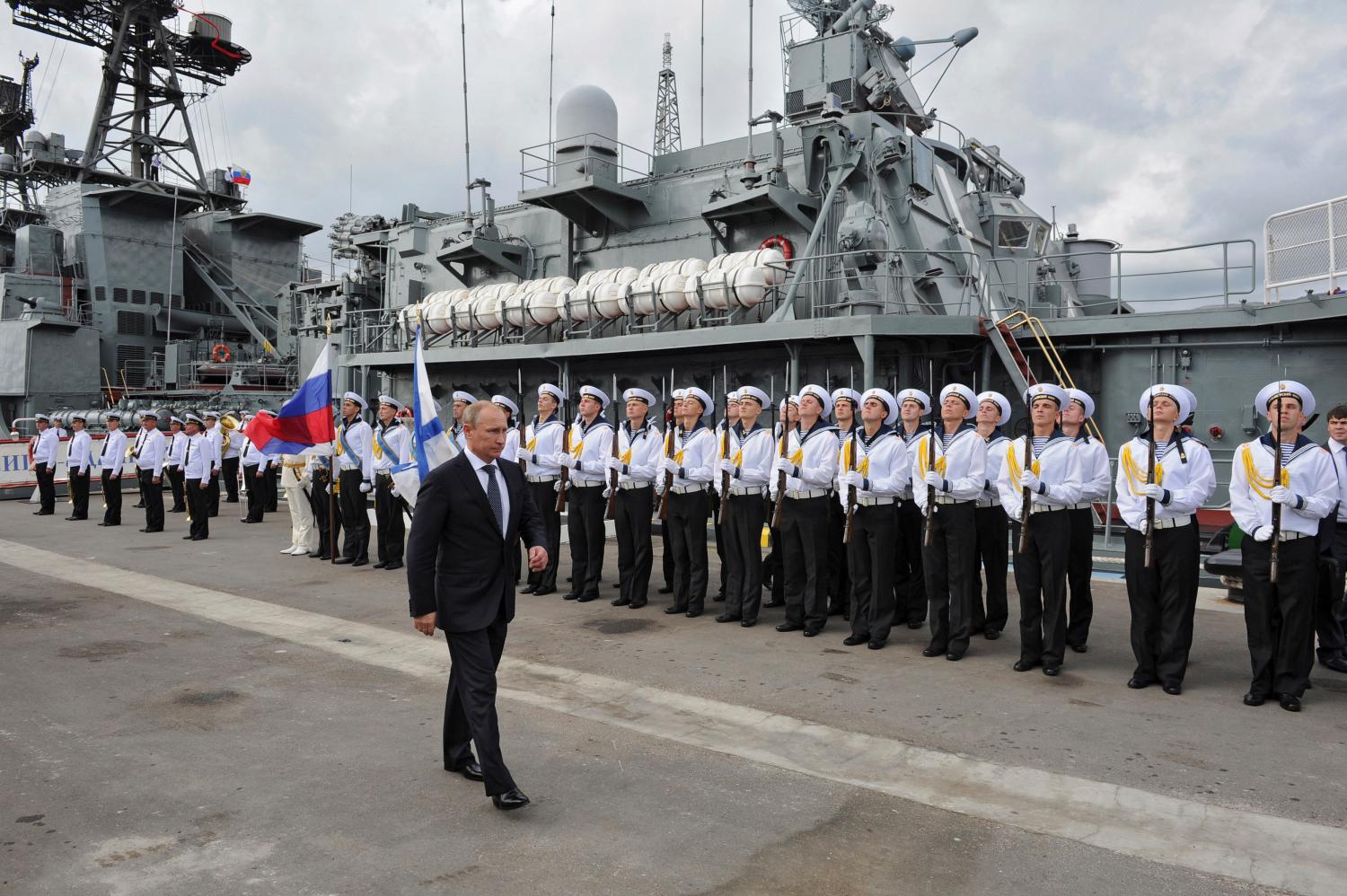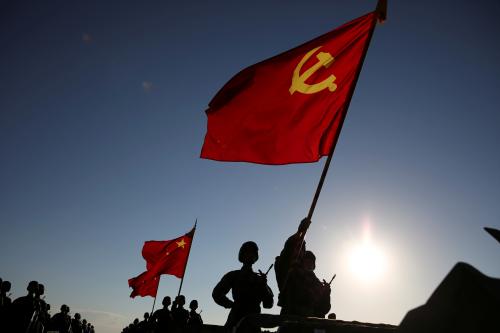Executive summary
The year 2022 ushered in another array of significant and diverse maritime security challenges for Europe: the sabotage of the Nordstream pipelines; the mysterious rupture of submarine fiber-optic cables near France and the United Kingdom; Russian aggression toward NATO ships; a Black Sea grain shipment deal to end a Russian naval blockade in Ukraine; and the announcement of a significant Chinese investment stake in a Hamburg terminal, one of Europe’s busiest shipping hubs. Over the past decade, China and Russia have transformed Europe’s maritime security seascape through their military basing access and port investments across maritime Europe — from the Baltic and Black Seas to the Mediterranean. Europe and NATO have made some progress toward addressing many of these challenges, but they must continue to dedicate resources and platforms to ensure the long-term security of their many maritime geoeconomic assets.
The views expressed here are those of the author alone and do not represent the U.S. government, the Department of Defense, or National Defense University.
-
Acknowledgements and disclosures
The author would like to thank Andrew Yeo and Isaac Kardon for the opportunity to participate in the “Great Power Competition and Overseas Basing” project workshop. He would also like to thank Lori Merritt for editing and Rachel Slattery for layout.





